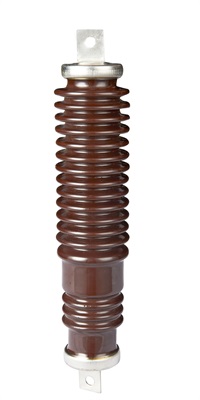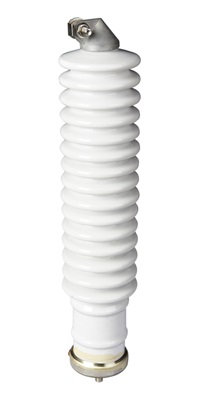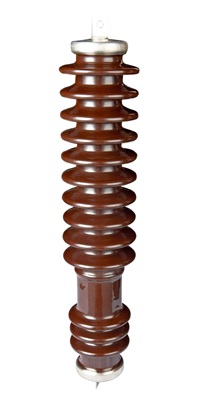The broad market prospects of the Internet of Things technology are remarkable. According to Gartner's earlier forecast, there will be 26 billion IoT devices in use worldwide by 2020, and Zhang Yaqin, president of Baidu, also said at the conference that at least 5 billion new devices will be connected in the next five years. Equipment will exhibit exponential and explosive growth.
As a new technology and application based on sensing technology, including devices, networks, transmissions and applications, the Internet of Things is gradually entering and changing people's lives, becoming another subversive innovation technology that changes the world after the Internet. With the integration of IoT technology into intelligent transportation, environmental protection, public safety, smart home, medical health, food traceability and many other fields, this technology is having a profound impact on many industries.
From family medical and beverage sales to warehouse repair workshops, services in different fields have gradually emerged as the clues of IoT technology. Service providers from all walks of life are also feeling the far-reaching impact of the connectivity of the Internet of Things on improving services. Networking continues to drive the development of modern service industries. Service providers used to rely on passive response to provide support services. When a device fails, they can guarantee to reach and resolve the problem within the response time. Now, this model is transforming into a proactive and predictive service approach that will enhance service flexibility, mobility and responsiveness.
There is no doubt that the Internet of Things will trigger a shift in the service industry towards standardization. Service Level Agreements (SLAs) used to focus on after-the-fact response times. Today, the Internet of Things will completely change the situation, and it will help service providers to provide customers with unprecedented quality services. In the near future, enterprises can shorten the response time of service level agreements from 2 hours to 15 minutes, and the degree of active response will also become the target of assessment. It is no longer an illusion that service providers provide zero fault guarantee for customers.
In addition, another shift in the service industry will be more reflected in the technology. For example, in the Internet of Things era, drones are considered to have a competitive advantage in service delivery in many industries. When service providers use technology to determine service defects and remote demand, they can use drones to transport the appropriate tools or equipment needed to solve these problems. The advantages of saving time, saving money and saving labor will make the drone become an important part of the value chain. In addition, in areas such as home healthcare, drones can quickly and economically deliver medicines to patients; in the event of a fire or other emergency, it can provide remote analysis, which will create tremendous value for users.
So, how can service providers make full use of the advantages of the Internet of Things to realize the transformation of the modern service industry? IFS believes that Field Service Management (FSM) software will be the key to helping service providers seize opportunities. FSM can effectively help enterprises manage the tasks that need to be performed in the field, realize data automation, data analysis, analysis, action and on-site service automation, and fully utilize the Internet of Things platform. However, software is only part of the solution, and service providers need to support the solution with a flexible open cloud platform such as Microsoft Azure. Such cloud platforms capture the necessary data streams and make them operational. While field service management providers are currently working on implementing such platforms and working to make them a reality, this still represents a major step forward for the industry.
So, how can service providers make full use of the advantages of the Internet of Things to realize the transformation of the modern service industry? IFS (Effie Software) believes that Field Service Management (FSM) software will be the key to helping service providers seize opportunities. FSM can effectively help enterprises manage the tasks that need to be performed in the field, realize data automation, data analysis, analysis, action and on-site service automation, and fully utilize the Internet of Things platform. However, software is only part of the solution, and service providers need to support the solution with a flexible open cloud platform such as Microsoft Azure. Such cloud platforms capture the necessary data streams and make them operational. While field service management providers are currently working on implementing such platforms and working to make them a reality, this still represents a major step forward for the industry.
Undoubtedly, although there is still huge potential to be discovered, the Internet of Things era has arrived. If service providers want to integrate into the wave of IoT and seize development opportunities, then expanding cooperation with FSM (Field Service Management) software companies is essential because these companies see the Internet of Things as indispensable and must be adopted. Patterns, not just a trend.
The Porcelain Lightning Arrester is an important protection device for protecting the insulation of power transmission and transformation equipment from overvoltage. Porcelain Surge Arrester has the advantages of fast response, flat volt-ampere characteristics, stable performance, large flow capacity, low residual voltage, long life and simple structure. Power Surge Arrester is widely used in power generation, transmission, substation, power distribution, etc. Surge arreater parameters are as follows:
|
MAIN DIMENSIONS AND STANDARD PARTICULARS |
|||
|
Type |
Y10W-24KV |
Y10W-24KV |
Y10W-33KV |
|
Norminal Rated Voltage.KV |
24 |
24 |
33 |
|
Frequency,HZ |
50/60 |
50/60 |
50/60 |
|
Rated Diverter Current,KA |
10 |
10 |
10 |
|
Min Creepage Distance,mm |
630 |
630 |
920 |
|
Standard |
IEC60099-4 |
IEC60099-4 |
IEC60099-4 |



We warmly welcome friends both domestic and abroad to visit our company, if you have any questions, please contact with us directly.
Surge Arrester,Porcelain Lightning Arrester,Porcelain Surge Arrester,Power Surge Arrester
FUZHOU SINGREE IMP.& EXP.CO.,LTD. , https://www.cninsulators.com